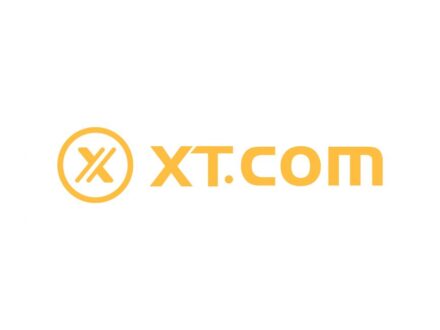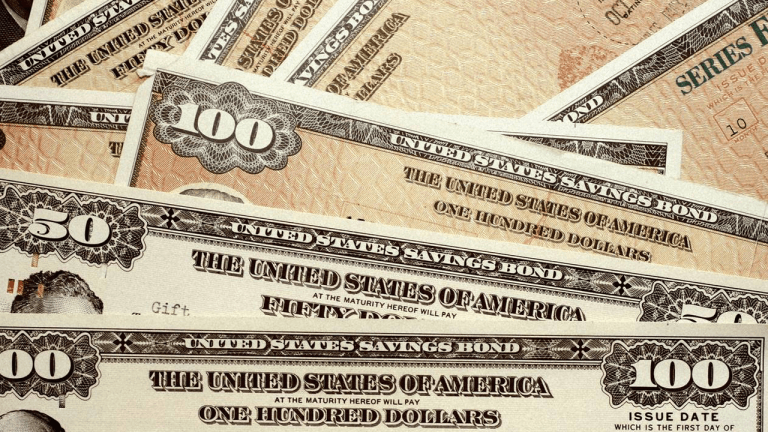
Stringent regulatory policies in South Korea could force many small- and medium-sized crypto exchanges out of the country.
Authorities in South Korea are continuing to propose and enact measures aimed at maintaining strict oversight over the nation’s crypto exchange market. These come amid a significant uptick in cryptocurrency trading volume, especially for altcoins.
In May, South Korea’s Financial Services Commission (FSC) announced that the government is planning to enforce stricter regulatory policies on cryptocurrencies in general. This move comes as virtual asset service providers (VASPs) have been given until September to register with the appropriate state authorities.
Crypto exchanges in South Korea were already under pressure even before this new set of stricter regulatory policies. The requirement for real-name trading accounts has seen smaller- and medium-sized exchanges scramble to secure licenses from commercial banks to no avail, at least as of the time of writing.
Recently, reports have emerged of another policy move from South Korean authorities that could have far-reaching ramifications, even for the “Big Four” crypto exchanges in the country — Bithumb, Coinone, Korbit and Upbit.
FSC shines spotlight on cross trading practice
As previously reported by Cointelegraph, the FSC is planning to ban cross trading on crypto exchanges in the country as part of a raft of stricter regulatory measures for trading platforms. Cross trading is a method used by trading desks to offset buy and sell orders for the same asset without recording the transactions on their order book.
Cross trading, while illegal in many countries, is in some ways a necessary practice for crypto exchanges in South Korea. For one, crypto trading in the country is denominated in Korean won, but fees are collected in cryptocurrencies.
Cross trading offers a solution for South Korean crypto exchanges, allowing them to convert trading fees to Korean won by performing the conversion right on their platform. With the FSC banning the practice, these exchanges may now have a hard time realizing the significant revenue stream that comes from collecting trading fees.
Indeed, the initial responses from some industry commentators to the planned move are that a cross trading ban would serve as a revenue chokepoint for South Korean crypto exchanges. The FSC’s ban, if passed, would mean mandatory zero-commission trading by platforms in the country.
South Korean crypto exchanges charge 0.05% on average as trading fees. This means that in the first quarter of 2021, Upbit raked in almost $9 million in fees daily from a 24-hour turnover of about $17.9 billion. Indeed, the sizable surge in South Korea’s crypto trading volume in 2021 has meant greater fee revenue for platforms.
As early as February, Bitcoin (BTC) turnover for both Bithumb and Upbit was already upward of 11 times greater than the figures recorded for the same period in 2020. Earlier in June, Cointelegraph reported that bank account flows for exchanges in the country were up 40% over the past year.
The revenue growth for South Korean crypto exchanges has even had a trickle-down effect on banking partners and investors. Upbit’s primary banker, K Bank, enjoyed a sharp turnaround in its financial performance and is reportedly targeting 2022 for an initial public offering.
While Bitcoin fever characterized the early crypto trading mania of 2021, the trend pivoted to altcoins as the year progressed. With token prices surging parabolically up until May, South Korean crypto traders seemed to favor smaller-cap altcoins.
Such was the extent of the altcoin trading mania that the Korea Federation of Banks warned of the trend’s potential risks. At the time, the order books of even the Big Four showed BTC trading activity accounting for less than 5% of their 24-hour trading activity, which was significantly lower than the global average for Bitcoin on other platforms.
None of our business, says the FSC
As is often the case with regulatory measures in South Korea, the smaller exchanges might face significantly greater operating difficulties if the FSC’s cross trading ban becomes law. Assuming that platforms will be loath to forgo the revenue from trading fees, South Korea’s cryptocurrency exchanges will have to come up with an alternative.
The most probable alternative would be to create a separate trading desk dedicated to converting crypto trading fees to Korean won. However, any new crypto trading-related venture in South Korea must be registered with FSC’s Financial Intelligence Unit and adhere to strict Anti-Money Laundering (AML) laws.
This registration comes with a significant cost burden that might be too much for the smaller platforms still struggling to meet the September licensing deadline. Another possible option for exchanges would be to partner with loan providers open to accepting crypto as collateral.
Related: South Koreans flock to crypto amid a heavy-handed regulation approach
Regardless of the route chosen, exchanges can ill afford to avoid coming up with a solution to the problem if cross trading is banned by the FSC. Apart from the obvious revenue implications, crypto trading fees also attract withholding tax levies.
For the FSC, this particular problem is one the exchanges will have to solve by themselves. Supporting its decision to pursue a cross trading ban, the commission stated that allowing exchange operators to trade against their customers constitutes a conflict of interest with significant price manipulation risks.
As to the issue of finding alternative means of repatriating trading fees to Korean won, the FSC said: “Whether you want to change cryptocurrency to another asset (other than won) or to keep cryptocurrency, you need to find a solution yourself.”
Is this it for smaller exchanges?
Responding to Cointelegraph’s request for comments, a foreign-media relations spokesperson for the FSC stated:
“As the authorities are currently working on amendments to the relevant law, it would be inappropriate to comment on your questions right now with specific measures still being drawn up. When specific measures are ready for announcement, we will put them up on our website.”
For Lee Chul-ie, CEO of South Korean cryptocurrency exchange platform Foblgate, the proposed cross trading ban is simply another blow for smaller exchanges in the country. Speaking to the Financial Times, Chul-ie remarked: “We are facing an existential crisis. We want to legitimise our business but banks are reluctant to offer us real-name accounts.”
According to the exchange operator, additional problems like cross trading bans could push smaller platforms outside the country or to seek “grey areas” to circumvent stringent regulatory measures.
However, Jeff Kang, South Korea country manager at blockchain security outfit CoolBitX, is of the opinion that some smaller exchanges will be able to manage the situation. In a conversation with Cointelegraph, Kang opined:
“While it appears that increased oversight from the South Korea FSC might be daunting news for the local cryptocurrency industry, the situation is not as dire as it seems. The Korean government’s stance on cryptocurrencies is not to totally stamp out its use, but to account for consumer protection and to eradicate financial terrorism and money laundering.”
According to Kang, the FSC’s goal is not to force exchanges out of the country but to ensure robust AML compliance protocols, adding: “In light of this, cryptocurrency exchanges will have to signal their committed stance to double down on compliance efforts in order to achieve licenses by the September deadline.”
Kang also said that as many as six other exchanges are close to receiving real-name trading account licenses, to bring the total number to 10. However, even if that happens, there will still be over 50 exchanges in South Korea with uncertain regulatory status that will probably be forced to shut down their operations come the September deadline.
For banks, their reticence in dealing with exchanges comes from the fact that financial institutions in South Korea can be held liable for the misdeeds of their cryptocurrency exchange partners.
This situation might be due for a change, with discussions underway between banks and the FSC to limit the liability of commercial banks in the event of any misdeeds committed by their crypto exchange clients. These discussions are also part of a larger agenda that will see banks classify crypto exchanges as high-risk clients.

You can get bonuses upto $100 FREE BONUS when you:
💰 Install these recommended apps:
💲 SocialGood - 100% Crypto Back on Everyday Shopping
💲 xPortal - The DeFi For The Next Billion
💲 CryptoTab Browser - Lightweight, fast, and ready to mine!
💰 Register on these recommended exchanges:
🟡 Binance🟡 Bitfinex🟡 Bitmart🟡 Bittrex🟡 Bitget
🟡 CoinEx🟡 Crypto.com🟡 Gate.io🟡 Huobi🟡 Kucoin.



















Comments